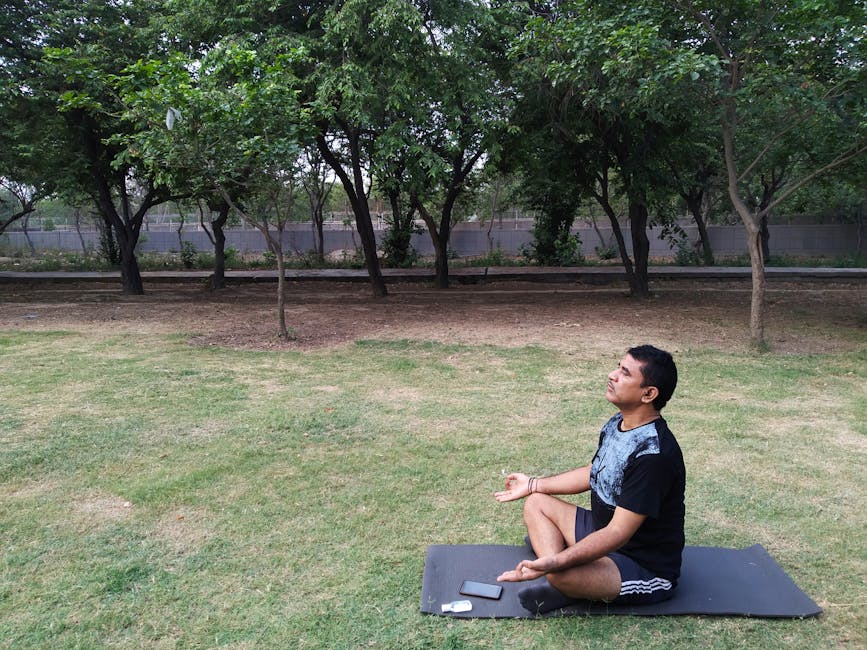In the wake of a low-intensity explosion near the Israeli Embassy in New Delhi, India’s restrained response has drawn global attention. Unlike past incidents where accusations were swift, the government has adopted a cautious, evidence-driven stance. This approach, reported by Al Jazeera, highlights India’s shift toward diplomatic prudence over hasty blame in counterterrorism efforts.
The Delhi Blast: What Happened?
On January 29, 2024, a minor blast occurred near the Israeli Embassy in Delhi, causing no injuries but sparking high-security alerts. While a 2021 attack in the same area was tied to Iranian proxies, authorities have avoided speculation this time. The National Investigation Agency (NIA) is leading the probe, with early reports suggesting an improvised explosive device (IED).
Despite the location—a potential hotspot amid Israel-Iran tensions—India has not accused Iran or its allies. This contrasts with the 2012 attack on Israeli diplomats, which India publicly linked to Iranian agents.
4 Reasons Behind India’s Cautious Stance
-
Geopolitical Balancing Act
India navigates complex ties with Israel (a key defense partner) and Iran (a critical oil supplier and gateway to Central Asia via Chabahar Port). Premature blame could disrupt these strategic relationships. -
Election-Year Sensitivities
With national polls approaching, the government aims to avoid inflaming communal tensions or politicizing security issues, focusing instead on investigative due diligence. -
Lessons from Past Escalations
The 2019 Pulwama attack, which triggered India-Pakistan military clashes, serves as a cautionary tale. Delhi now prioritizes verified intelligence over rapid retaliation. -
Global Shift in Counterterrorism
Nations increasingly emphasize evidence-based responses after failures like the Iraq War. India’s restraint aligns with this trend.
International Reactions
- Israel: No official accusations, though media hints at Iranian involvement.
- U.S. & EU: Called for a transparent investigation but avoided speculation.
- Iran: Denied any role, dismissing claims as “baseless.”
Criticism and Risks
Some security experts warn that delayed attribution could embolden attackers. Former RAW chief A.S. Dulat remarked, “Restraint is wise, but ambiguity must not signal weakness.”
What’s Next?
The NIA’s findings will guide India’s response. If foreign involvement is proven, calibrated diplomacy—not immediate escalation—is likely. Meanwhile, security around diplomatic and Jewish sites has been tightened.
Conclusion
The Delhi blast tests India’s crisis management in an era of hybrid threats. By withholding blame, Delhi balances security, diplomacy, and domestic stability. As the probe continues, the world watches to see if this strategy succeeds—or if pressure for a stronger response grows.
India’s stance: No blame without proof.
Sources: Al Jazeera, intelligence reports. Follow for updates.




